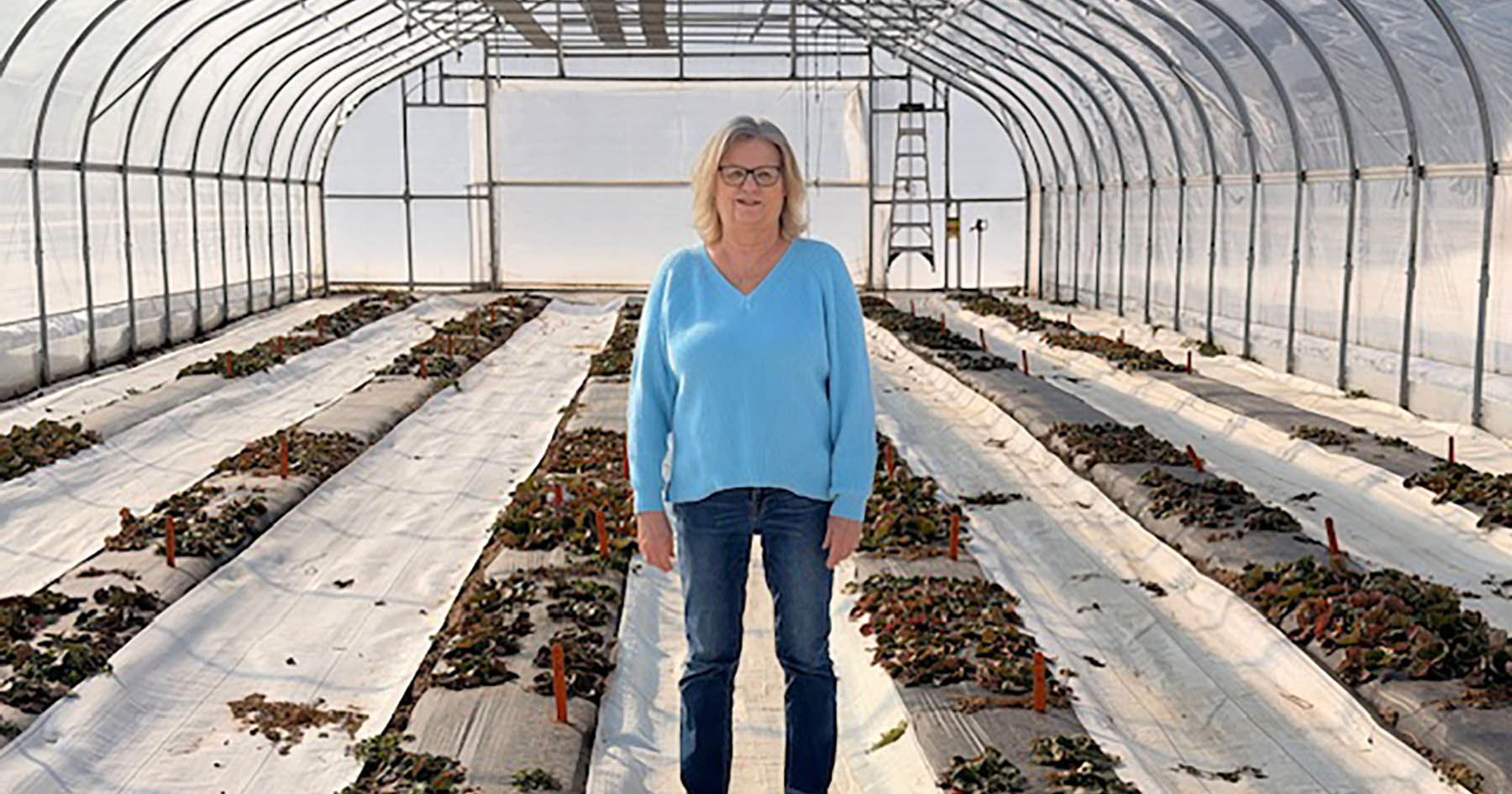U2U delivers tools, changes conversation on climate issues
A recently completed research and Extension project has led to the creation of several tools farmers can use for years to come. It also has provided a new way of looking at how to get climate information into the hands of those who need it, according to researchers involved in the 6-year study.
Purdue University led the $5 million Useful to Usable project, funded by the USDA National Institute of Food and Agriculture. Researchers from nine universities and the USDA first collected data to understand how farmers utilize climate data in their operations and then developed several tools that were most likely to be used.
“We learned a lot about how to communicate with farmers about climate issues and how to get them and farm advisors to engage in conversations about climate,” said Linda Prokopy, a Purdue professor of natural resource social science and U2U lead project director. “We really helped to change some of the conversations that are happening.”
The decision-support tools developed throughout the project will be housed and maintained at the High Plains Regional Climate Center (HPRCC) and Midwestern Regional Climate Center (MRCC). The tools include: AgClimate ViewDST, which offers users access to historical climate and crop yield data for the Corn Belt, including monthly temperature and precipitation, and plots corn and soybean yield trends; Corn GDDDST, which gives growers current and historical measurements of heat accumulation that help predict plant development rates and maturity dates; the Corn Split NDST, which helps farmers and advisors manage application of in-field nitrogen to maximize crop yields with the least environmental damage; the Irrigation InvestmentDST, which uses historical weather and crop model data along with farm-specific economic data to explore the profitability of installing irrigation equipment across the Corn Belt; and Climate Patterns ViewerDST, which helps growers make more informed farm management decisions during different phases of the El Niño Southern Oscillation and Arctic Oscillation.
“By housing them at the regional climate center websites, our tools can be updated, expanded and used by growers throughout the Midwest,” said Melissa Widhalm, U2U project manager. “Our tools are probably one of the most applied contributions that our project has made.”
In addition, the U2U team gained insights into how farmers gather information about research and new agronomic practices. Prokopy said farmers are much more likely to take advice from farm advisors and retailers who sell them machinery, seeds, fertilizers and other farm supplies. It suggests that working through those advisors could improve the flow of that type of information to the people who can use it.
“Farmers are seeing private retailers and consultants more than they see Extension these days, and those retailers and consultants trust information coming from Extension,” Prokopy said. “Understanding the path information is flowing already is the way to get our information about climate into the hands of farmers.”
Karen Plaut, interim dean of the Purdue College of Agriculture, said the U2U project exemplifies Purdue Agriculture’s mission - using science to address significant issues and getting that information into the hands of people who can use it.
“This project brought together a wide range of scientists who blended their expertise to make a real difference for farmers all across the Midwest,” Plaut said. “We’re proud that Purdue led an initiative that stands to help not only at the individual farm level, but will address pressing issues seen across our region when it comes to how climate affects agriculture.”
The U2U research led to 162 scientific conference presentations, 53 Extension publications, book chapters, and magazine articles, and 50 peer-reviewed publications, including a special issue of the journal Climate Risk Management dedicated to the project.
Many of the researchers involved in U2U have received grants to continue research born from the project. Prokopy is working with the Nature Conservancy on research to determine how to influence farmers to adopt practices that protect water quality in a Michigan watershed.





